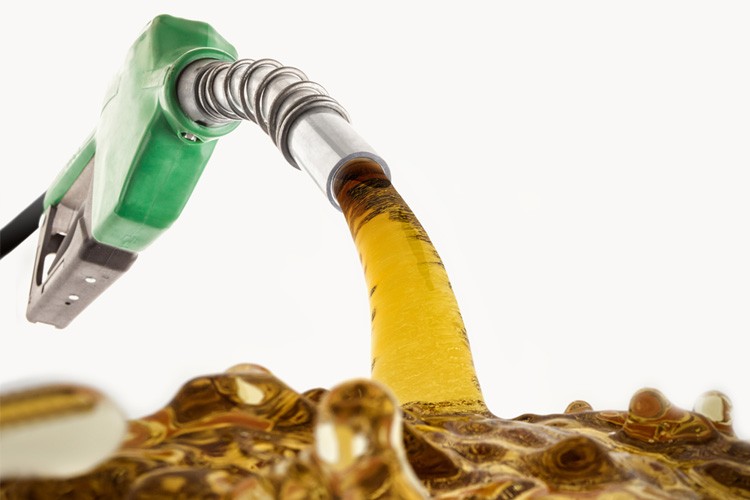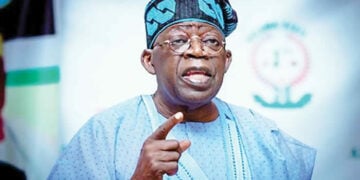…Continent’s refining capacity hits 1.365mbpd
Nigeria is spearheading an initiative to establish a regional pricing benchmark for refined petroleum products across West Africa, aiming to create a more unified and transparent fuel market. This move seeks to reduce the region’s reliance on global reference prices, which often fail to reflect local market dynamics.
This is as West Africa’s refining capacity reached 1.365 million barrels per day (mbpd), marking significant growth in the region’s petroleum sector, the Nigerian Midstream and Downstream Petroleum Regulatory Authority (NMDPRA) has announced.
This is as projections indicate a substantial increase of additional 1.2 million bpd by 2030, driven by major projects and expansions across the region.
The initiative was launched at the West African Refined Fuel Conference in Abuja, organised by the Nigerian Midstream and Downstream Petroleum Regulatory Authority (NMDPRA) in partnership with S&P Global Commodity Insights. The conference, held from July 22-23, 2025, gathered stakeholders to discuss regional standardisation, pricing mechanisms, data transparency, and increased in-country refining capacity.
The goal of this new pricing system is to set fuel prices based on the real market situation in West Africa, rather than relying on price benchmarks from Europe, the US, or the Middle East.
This move is expected to bring more transparency, encourage local investments, and improve how fuel is bought and sold across the region.
Minister of State for Petroleum Resources (Oil), Senator Heineken Lokpobiri, said Nigeria is ready to become a major supplier of refined fuel.
He pointed out that Nigeria’s oil production has grown from 1 million barrels per day in 2023 to 1.8 million barrels, giving the country more capacity to meet both local and regional demand.
He also explained that major projects like the 650,000-barrels-per-day Dangote Refinery will help cut down fuel imports and make Nigeria stronger in the energy market.
The minister stated that oil and gas will still play a big role in powering the world and must remain part of Africa’s economic plans.
The chief executive of NMDPRA, Farouk Ahmed on his part said the new pricing system was carefully designed to suit Africa’s needs.
He added that it would help investors make better decisions, improve supply chains, and make fuel trading more efficient and fairer for all players in the industry.
Ahmed added that this pricing model would support growth in fuel storage and transportation, open up new business opportunities, and improve energy security in the region.
He noted that the plan included tracking fuel prices in real time and making sure they match West Africa’s market realities.
Both the minister and the NMDPRA boss urged energy stakeholders to support this new direction. They said it is time for Africa to take control of its fuel market and build a strong, reliable system that works for its people and economy.
Currently, West African nations face significant disparities in fuel prices, with Nigeria boasting the lowest petrol prices in the region at approximately $0.55 per liter (N870) due to its growing refining capacity, notably the Dangote Refinery. In contrast, countries like Ghana, Sierra Leone, Mali, and Guinea pay significantly higher prices, sometimes up to N3,600 per litre . This disparity is exacerbated by the lack of harmonized fuel standards across African nations, which creates barriers to regional trade. Aliko Dangote, Chairman of Dangote Refinery, highlighted how differing standards prevent fuel refined for Nigeria from being sold in neighboring countries like Cameroon or Ghana, despite similar vehicle types.
Ahmed, head of Nigeria’s NMDPRA, emphasised that localised indices for products such as petrol, diesel, aviation fuel, and liquefied petroleum gas would improve price transparency, support investment decisions, and enhance energy security across West Africa . The Nigerian National Petroleum Company (NNPC) Limited has also stressed the need for a continental strategy, driven by shared markets, integrated infrastructure, and harmonized policies, as no single country can build a refining hub for the entire African continent .
Nigeria, Africa’s largest crude producer, is positioning itself as a regional trading hub and currently produces about 31 per cent of the refined fuel traded in West Africa . This share is expected to grow as new refining projects come online, reinforcing Nigeria’s role in shaping the regional energy landscape . The discussions at the conference are expected to pave the way for aligning national policies across West African countries, fostering an integrated and resilient regional fuel market .





